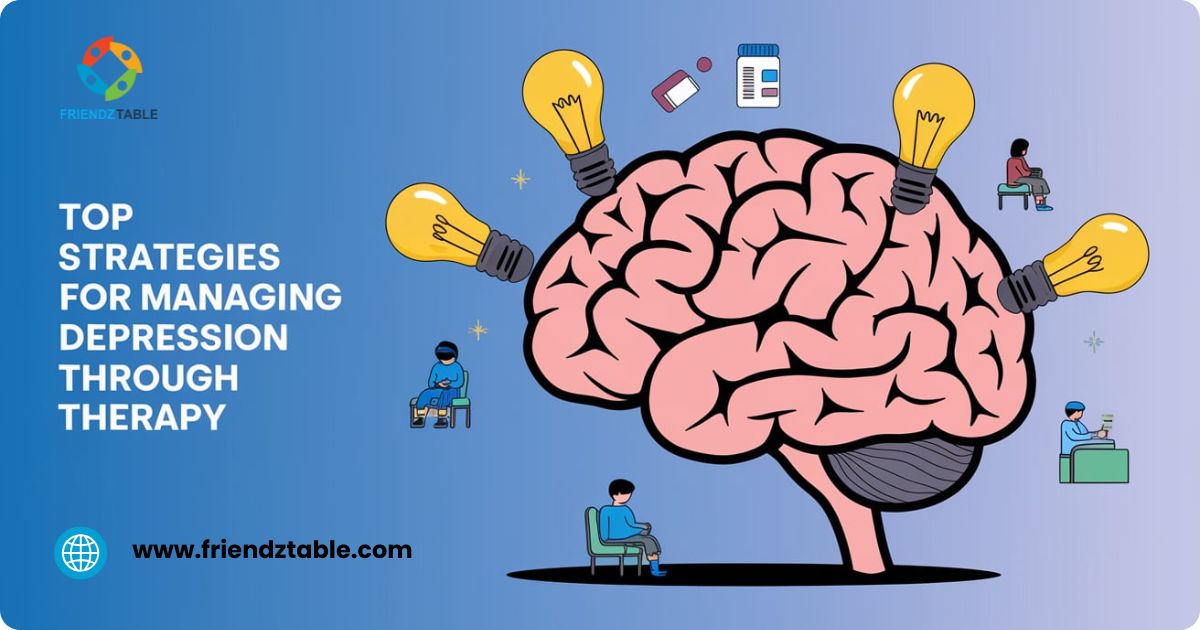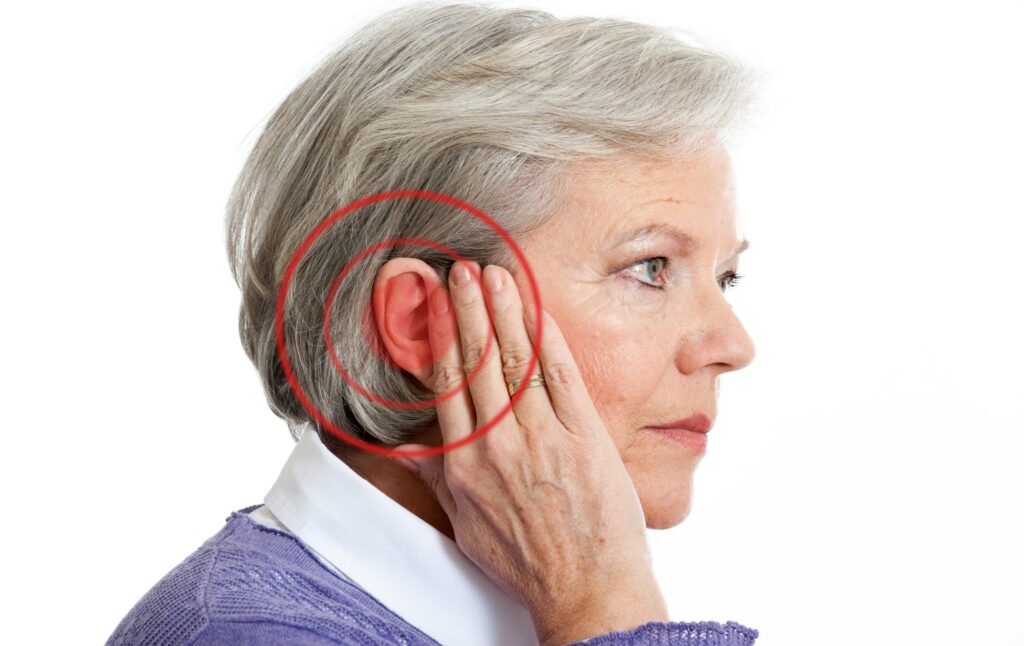Depression is a serious mental health problem that impacts millions of people around the world and affects not only mood but also the way they function in everyday life. Many find that finding solutions for managing depression can be difficult. However, therapy has emerged as a crucial tool in managing depression, offering different approaches to help individuals regain control over their mental well-being.
Depression: The Importance of Professional Therapy
Depression is more than just a moment of sadness; it’s a persistent feeling of hopelessness, fatigue, and despair. When symptoms of depression begin to interfere with daily life, it’s essential to seek Depression Services from trained professionals. With the rise of treatment-resistant depression, where standard treatment methods fail to provide relief, therapy becomes even more critical.
Cognitive Behavioral Therapy (CBT): A Proven Approach
One of the most well-established and widely used therapies for managing depression is Cognitive Behavioral Therapy (CBT). By addressing these harmful thoughts, CBT encourages healthier thought patterns and coping strategies.
- Practical Techniques: CBT helps individuals reframe their thoughts and develop healthier coping mechanisms.
- Long-Term Benefits: Studies show that CBT has long-lasting effects in preventing relapse in depression sufferers.
- Focus on Self-Empowerment: CBT emphasizes taking an active role in managing depression, which can boost confidence and reduce feelings of helplessness.
Interpersonal Therapy (IPT): Enhancing Social Support
Interpersonal Therapy (IPT) is another highly effective treatment for depression, especially when it is linked to relationship or social difficulties. It focuses on enhancing communication skills and resolving interpersonal issues that may contribute to depression. Strengthening social support systems is a key aspect of managing depression effectively.
- Addressing Social Stressors: IPT helps individuals manage relationship conflicts and life transitions that can trigger or worsen depression.
- Building Stronger Connections: Through IPT, individuals learn to enhance their social relationships, which can offer vital emotional support.
- Reduction of Isolation: By improving communication and support, IPT helps reduce feelings of isolation, a common symptom of depression.
Mindfulness-Based Cognitive Therapy (MBCT): Preventing Relapse
Mindfulness-Based Cognitive Therapy (MBCT) combines elements of mindfulness meditation with Cognitive Behavioral Therapy. This unique approach focuses on helping people become more conscious of their thoughts and feelings at the moment and preventing negative thoughts that can lead to depression-related episodes.
- Breaking the Cycle: MBCT helps break the cycle of depressive relapse by teaching individuals to observe their thoughts without judgment.
- Stress Reduction: Mindfulness techniques promote relaxation, reduce stress, and improve emotional regulation.
- Enhanced Self-Awareness: The practice of mindfulness enhances self-awareness, allowing individuals to recognize early signs of depression before they escalate.
Treatment-Resistant Depression: Exploring Alternative Therapies
For individuals experiencing treatment-resistant depression, where traditional therapies and medications fail, alternative treatments may be necessary. One promising approach is Transcranial Magnetic Stimulation (TMS), a non-invasive treatment that operates magnetic areas to stimulate brain areas that cause mood regulation.
- Non-Invasive: TMS provides relief without the need for surgery or medication.
- Minimal Side Effects: TMS is generally well-tolerated, with few side effects compared to traditional antidepressants.
Another option is Electroconvulsive Therapy (ECT), which, although often viewed as a last resort, can provide life-saving results for those with severe depression.
- Immediate Results: ECT often produces rapid improvement in symptoms, especially in cases of severe, chronic depression.
- Targeted Treatment: ECT is delivered under anesthesia and can be carefully controlled to treat depression symptoms without causing harm to the brain.
How to Choose Depression Service Providers
Finding the right depression service providers is crucial for effective treatment. Here are a few tips for choosing the right professional:
- Research Qualifications: Ensure the therapist has the appropriate qualifications, such as a licensed clinical psychologist or licensed clinical social worker.
- Specialization: Look for providers who specialize in treating depression, especially those with experience in treatment-resistant depression.
- Reputation: Check reviews and testimonials to assess the provider’s effectiveness and reputation.
- Comfort Level: Feeling comfortable with your therapist is essential, as a strong therapeutic relationship can improve outcomes.
FAQs on Managing Depression Through Therapy
1. Can therapy help with depression?
Yes, therapy, especially evidence-based treatments like CBT and IPT, has been proven to be effective in managing depression and preventing relapse.
2. What if traditional treatments don’t work for me?
If conventional therapy isn’t practical, treatments like TMS or ECT may provide relief for treatment-resistant depression. It’s essential to work closely with your provider to explore these options.
3. How can I find depression services near me?
To find depression services, you can search online, ask for recommendations from a healthcare provider, or check directories of licensed mental health professionals.
Conclusion: Empowering Recovery Through Therapy
Therapy is among the most effective methods to combat depression, no matter if you suffer from moderate or resistant forms of the disorder. From traditional treatments such as CBT and IPT to newer approaches such as MBCT and TMS. There are a myriad of options for treating depression. With the assistance of experienced Treatment Resistant Depression specialists, people can take control over their lives, improve their mental health, and, ultimately, achieve success. If you’re seeking relief, speak to a psychotherapist or a mental health professional now to discuss the best options.




